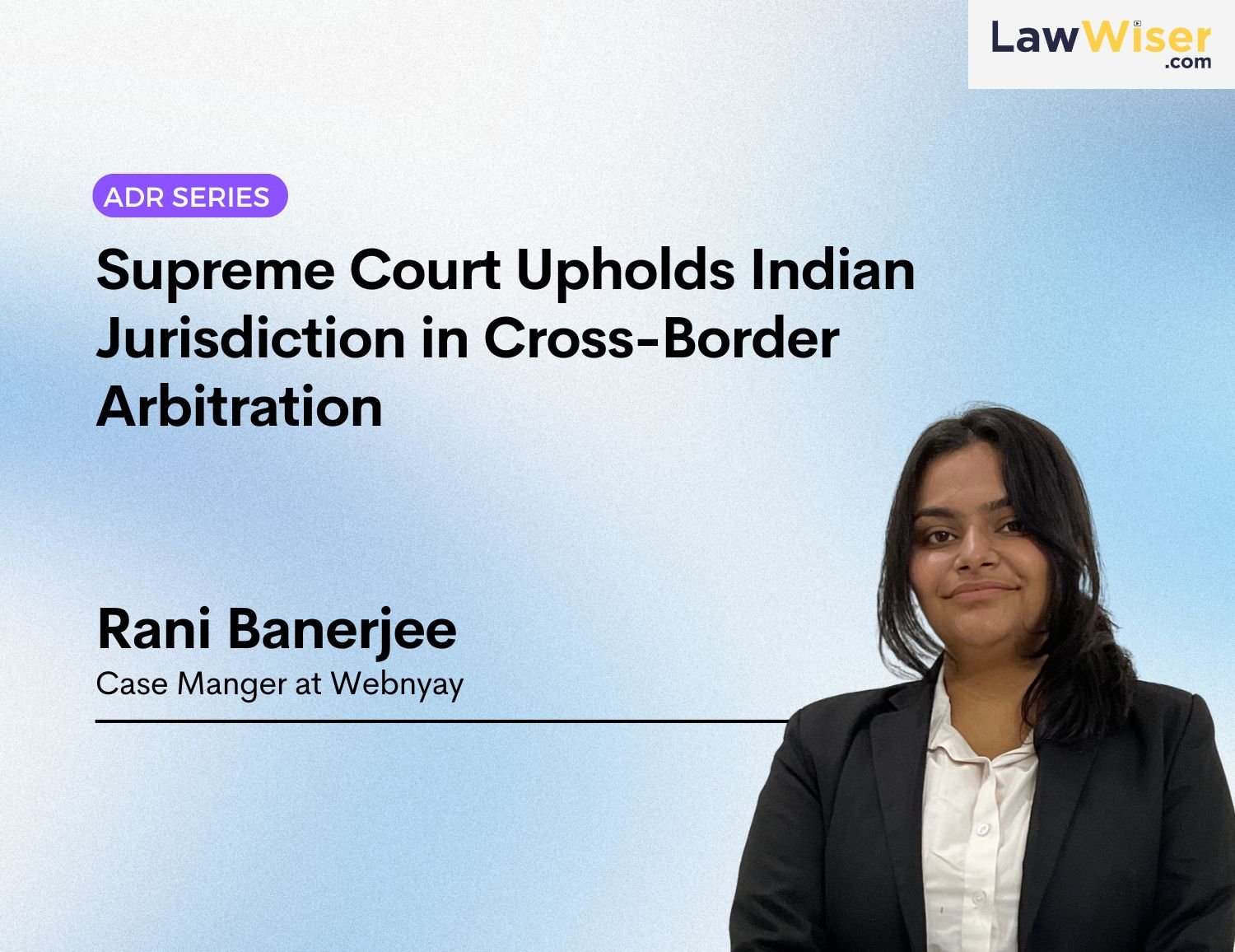Damages in the Indian legal context refer to the monetary compensation awarded by a court to a person who has suffered loss or injury due to the wrongful act or omission of another. Damages aim to restore the injured party to the position they would have been in had the wrongdoing not occurred. The concept of damages is governed by various statutes, including the Indian Contract Act, 1872, and the Law of Torts. There are different types of damages: compensatory (to cover actual loss or injury), punitive (to punish the wrongdoer and deter future misconduct), nominal (symbolic acknowledgment of a legal wrong without significant loss), and liquidated (predetermined damages agreed upon in a contract). Courts consider several factors when awarding damages, such as the extent of harm, the nature of the wrong, and any mitigating circumstances. In civil cases, damages serve as a primary remedy, providing relief to the aggrieved party. In contract law, damages may also include compensation for non-performance or breach of terms. The principle of damages underscores the importance of accountability and justice, ensuring that victims of wrongful acts receive appropriate redress.
Don’t have an account? Sign Up
Damages
 June 8, 2024
June 8, 2024
Alternate Dispute ResolutionCORPORATELAWPOPULARThe In House Circle ArticleThe In House Circle ArticleTRENDINGUncategorized
Most Read
Alternate Dispute Resolution
Directive Issued to Transform Government Litigation
Alternate Dispute Resolution
No Valid Arbitration Agreement: Calcutta High Court Rejects Request for Arbitrator Appointment
Share
Write a Reply or Comment Cancel reply
CONTINUE READING
TWITTER FEED
- Congratulations to @VivekSoodDelhi for being recognised as ‘Emerging Senior Counsel of the Year’ at #UKILP… https://t.co/oHwBtL5geH
- Wishing you a Merry Christmas and a Happy New Year from all of us at LawWiser!#christmaseve #newyears https://t.co/ax6VOHyUcj
- Watch @AvaniShukla27, Associate- Content & Collaborations, LawWiser to learn about the recent landmark verdict give… https://t.co/OZnf0Z9PJr
- We are delighted to share that our Co-founder @LavanyaBehl1 is featured in the 30 people to watch in the… https://t.co/wmMrtvduKk
- Sanjeev Sachdeva has rejoined Luthra and Luthra Law Offices India Leadership team as Mentor and Partner. Read More… https://t.co/7F1M8p4w23
LINKEDIN FEED
- See you tomorrow at LawWiser Sip & Paint event, Co-hosted by Desai & Diwanji. #legal #law #lawfirm
- Wishing you a Happy Republic Day from all of us at LawWiser! #republicday #constitutionofindia
- Catch a glimpse of the vibrant moments from our previous Sip & Paint event.#legalevents #lawfirm #generalcounsel
- Exploring Essential Business Documents! In our latest video, we delved into crucial documents vital for every business journey: https://lnkd.in/d-vYuDDs
- From shaping ethical business practices to ensuring social justice, law plays a pivotal role in our world. Get ready to explore how legal frameworks empower businesses and create positive societal change.#staytuned #legal #lawforchange #changemakers











 May 28, 2025
May 28, 2025 0 COMMENTS
0 COMMENTS



